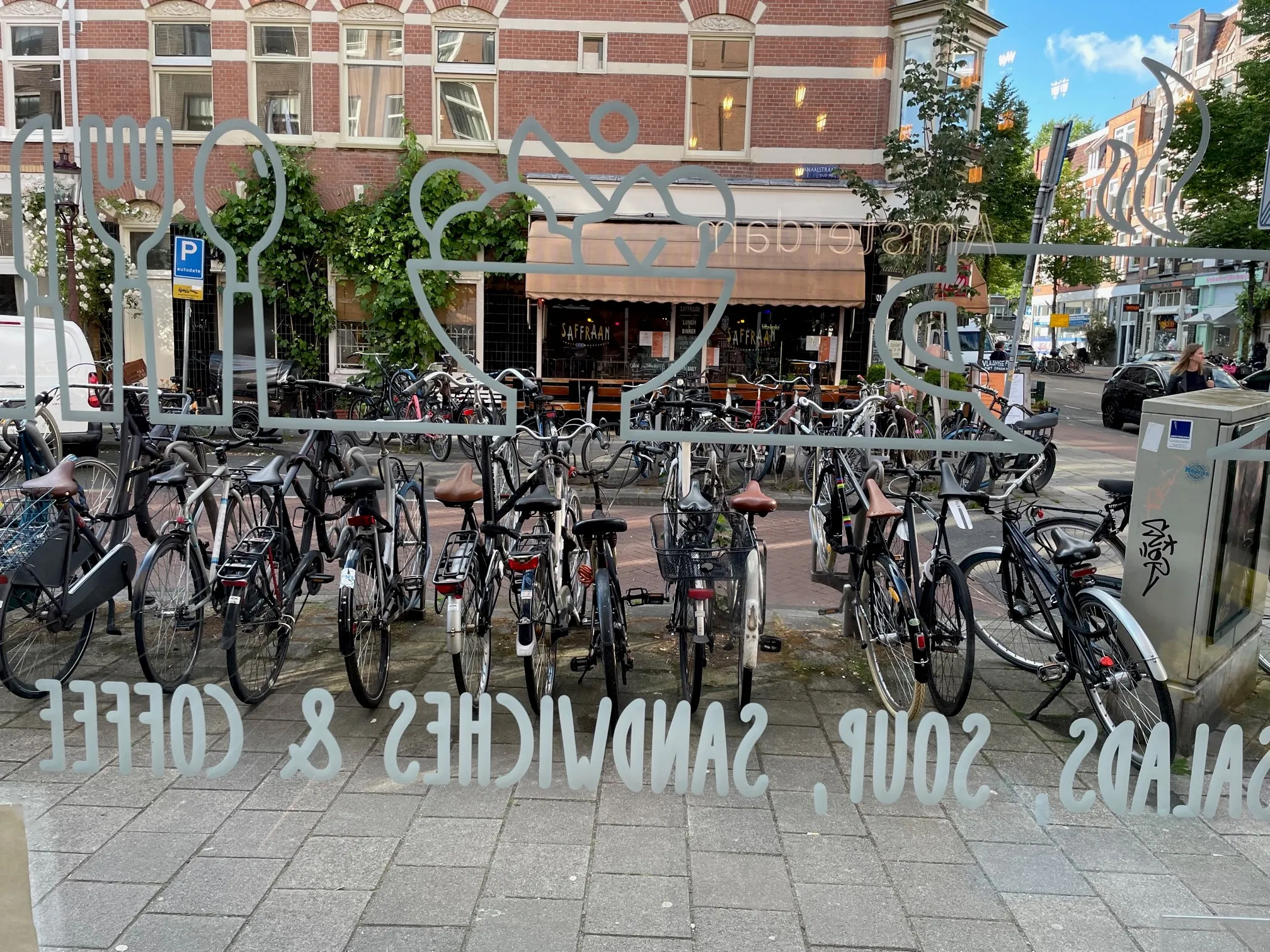London’s streets will become more accessible for cyclists now that the Transport for London (TfL) Board has approved plans for the construction of four new cycle superhighways and upgrades to the four existing cycle superhighway routes as part of the Mayor’s Cycling Vision.
The schemes, which will cost around US$243 million to deliver between now and the end of 2016, will help treble the number of cycle journeys made over the next ten years and transform London’s streets and spaces to places where cyclis
February 5, 2015
Read time: 3 mins
London’s streets will become more accessible for cyclists now that the 1466 Transport for London (TfL) Board has approved plans for the construction of four new cycle superhighways and upgrades to the four existing cycle superhighway routes as part of the Mayor’s Cycling Vision.
The schemes, which will cost around US$243 million to deliver between now and the end of 2016, will help treble the number of cycle journeys made over the next ten years and transform London’s streets and spaces to places where cyclists feel they belong and are safe.
The Cycle Superhighway programme is essential for improving conditions for the hundreds of thousands of people who are already cycling daily in London, as well as help encourage more people to take to two wheels. The new routes, which in total cross nine boroughs, will further help cycling become an integral part of London’s transport network so that anyone can jump on a bike to get to work, to the shops or to discover London. Work to deliver these schemes will now begin within the next month.
Sir Peter Hendy CBE, London’s Transport Commissioner, said: “Cycling is clearly now a major transport option in London, with over 170,000 bike journeys now made across central London every single day. These schemes will revolutionise cycling in the capital and further demonstrate how London is leading the way in making its roads safe for all road users. There will, naturally, be some disruption due to these works but we have some of the world’s leading highway and traffic engineers, traffic models and modellers working tirelessly to ensure that this is kept to a minimum.”
Chris Boardman, British Cycling’s policy advisor, said: “This vision for large-scale, properly segregated cycle ways will make cycling a more attractive transport option, creating a more pleasant, healthy and sustainable London for everyone. The move brings the capital one step closer to creating a true cycling culture to rival cities like Copenhagen and Amsterdam. But most importantly of all, it will set a standard for the rest of the country.”
A wide programme of communication and traffic management will now be carried out to ensure that these works can be delivered with minimum disruption to London’s roads. This includes further investment in sophisticated traffic signal technology, which allows better management of traffic depending on differing conditions at any given time. TfL will also work with businesses along the route to help manage deliveries in the best possible way, providing advice to enable them to move away from deliveries during the busiest times and help reduce unnecessary congestion across London.
The schemes, which will cost around US$243 million to deliver between now and the end of 2016, will help treble the number of cycle journeys made over the next ten years and transform London’s streets and spaces to places where cyclists feel they belong and are safe.
The Cycle Superhighway programme is essential for improving conditions for the hundreds of thousands of people who are already cycling daily in London, as well as help encourage more people to take to two wheels. The new routes, which in total cross nine boroughs, will further help cycling become an integral part of London’s transport network so that anyone can jump on a bike to get to work, to the shops or to discover London. Work to deliver these schemes will now begin within the next month.
Sir Peter Hendy CBE, London’s Transport Commissioner, said: “Cycling is clearly now a major transport option in London, with over 170,000 bike journeys now made across central London every single day. These schemes will revolutionise cycling in the capital and further demonstrate how London is leading the way in making its roads safe for all road users. There will, naturally, be some disruption due to these works but we have some of the world’s leading highway and traffic engineers, traffic models and modellers working tirelessly to ensure that this is kept to a minimum.”
Chris Boardman, British Cycling’s policy advisor, said: “This vision for large-scale, properly segregated cycle ways will make cycling a more attractive transport option, creating a more pleasant, healthy and sustainable London for everyone. The move brings the capital one step closer to creating a true cycling culture to rival cities like Copenhagen and Amsterdam. But most importantly of all, it will set a standard for the rest of the country.”
A wide programme of communication and traffic management will now be carried out to ensure that these works can be delivered with minimum disruption to London’s roads. This includes further investment in sophisticated traffic signal technology, which allows better management of traffic depending on differing conditions at any given time. TfL will also work with businesses along the route to help manage deliveries in the best possible way, providing advice to enable them to move away from deliveries during the busiest times and help reduce unnecessary congestion across London.







